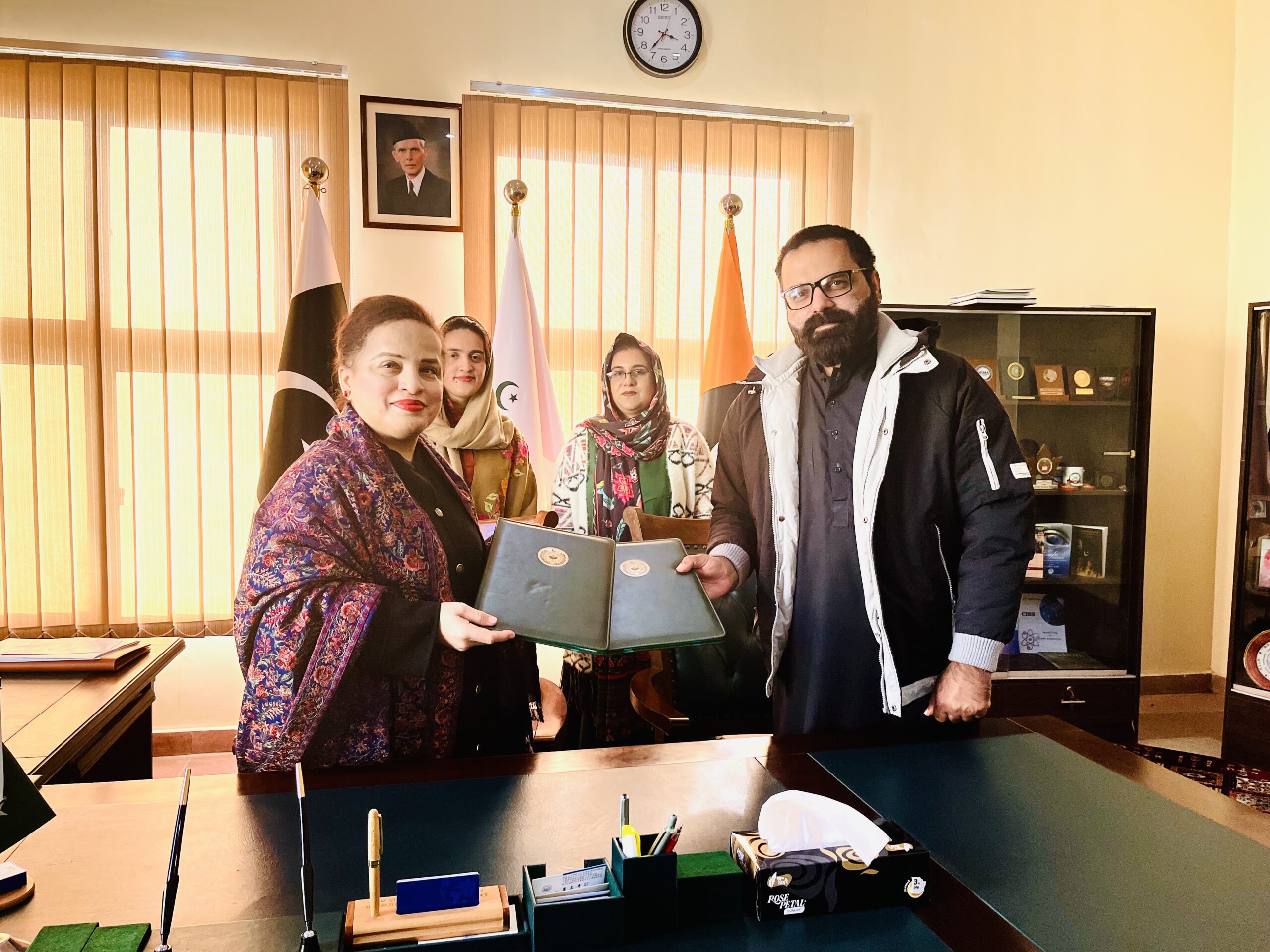More than 50,000 Palestinians have been killed during Israel’s military campaign in Gaza, the territory’s Hamas-run health ministry has announced.
That number – 50,021 – equates to about 2.1% of the 2.3 million pre-war population of the territory, or around 1 in 46 people.
A total of 113,274 others had been injured in the same period, the health ministry said.
Figures from the Gaza Ministry of Health (MoH) have been widely used throughout the war and are seen as reliable by the United Nations (UN) and international institutions. But Israel has consistently disputed data published by Gaza’s authorities.
Also See: Israeli Strikes Across Gaza ‘Only the Beginning’: Netanyahu
International journalists, including the BBC, are blocked by Israel from entering Gaza independently, so are unable to verify figures from either side.
The figures released by the MoH for the number of people killed do not differentiate between civilians and fighters.
In November, the UN’s Human Rights Office said its analysis showed close to 70% of verified victims over a six-month period were women and children.
In January, The Lancet medical journal published a study which suggested the death toll could in fact be substantially higher than official figures reported by MoH – by up to 41%.
The war was triggered by Hamas’s attack on Israel on 7 October 2023, in which about 1,200 people, mainly civilians, were killed and 251 other taken hostage.
Israel responded to the 7 October attack with a massive military offensive, which has caused vast destruction to homes and infrastructure, in addition to those killed or injured.
The MoH also reported on Sunday at least 39 deaths in the last 24 hours, bringing the total number of people killed to 673 since Israel resumed its military operations in the territory on Tuesday.
This news is sourced from BBC and is intended for informational purposes only.

![Over 50,000 killed in Gaza as Israel's offensive continues, according to Hamas-run MoH figures, with vast destruction reported. [Image via Getty Images]](https://southasiatimes.org/wp-content/uploads/2025/03/6eae03f0-07d2-11f0-8aad-d30c42e87de8.jpg.webp)



![Prime Minister Narendra Modi with External Affairs Minister S. Jaishankar at an official event. [Photo Courtesy: Praveen Jain via The Print].](https://southasiatimes.org/wp-content/uploads/2026/02/20-scaled-e1755601883425-1024x576-1.webp)
